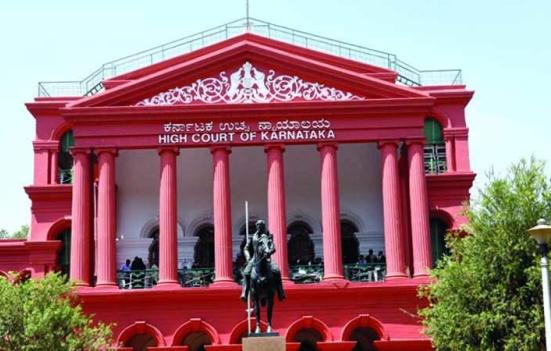Shweta Tambade
The Karnataka High Court released several directives to the state government to provide a proper implementation of the provisions of the Prohibition of Employment as Manual Scavengers and their Rehabilitation Act, 2013.
A division bench consisting of Chief Justice Abhay Oka and Justice S Vishwajith Shetty, while hearing the petition filed by All India Council of Trade Unions (AICTU) and High Court Legal Services observed:
“There can be no dispute that our Constitutional philosophy does not permit any form of manual scavenging.
The right of a citizen to live with dignity is an integral part of the fundamental rights guaranteed to the citizens under Article 21 of the Constitution of India.
The preamble of the Constitution shows that the Constitution seeks to protect the dignity of an individual. There can be no dispute that manual scavenging is most inhuman and it infringes the fundamental rights guaranteed under Article 21.”
The bench also noticed that “If any citizen is forced to do manual scavenging, it will be a gross violation of his fundamental right conferred under Article 21 of the Constitution of India.”
“Under Article 47 of the Constitution of India which is a part of Directive Principles of the State Policy, the State is under an obligation to endeavor to improve the standard of living of its people.”
The court also differentiated between the old act (Employment of Manual Scavengers and Construction of Dry Latrines (Prohibition) Act, 1993) and the Act of 2013.
‘Manual scavenger’ defined in the Manual Scavenging Act is very broad than it is defined under clause (j) of Section 2 of the old Act.
The court said, “Under sub-section (1) of Section 5 of the Manual Scavengers Act, there is a complete prohibition on manual scavenging. Under Section 3 of the old Act, the State Government was required to issue a notification for prohibiting engagement or employment of any person for manual scavenging.”
It added that the prohibition was not automatic under the old Act. Whereas, the prohibitions under the latter Act was more extensive.
While going through the orders passed by the courts and compliance report filed, the court observed that:
“We have found that there is hardly any implementation of the provisions of the Manual Scavengers Act and the Rules in the State of Karnataka. Therefore, this is a case where continuous monitoring will be necessary and the power of issuing continuing mandamus will have to be exercised.”
The bench issued a few directives to the state government regarding the submission of the records.
The bench also directed NGOs and state legal services authority to help the state government to conduct awareness campaigns in rural areas.
The court had instructed the State government to file compliance affidavits on or before 30th January 2021.
They will hear the matter next on 2nd February 2021.

